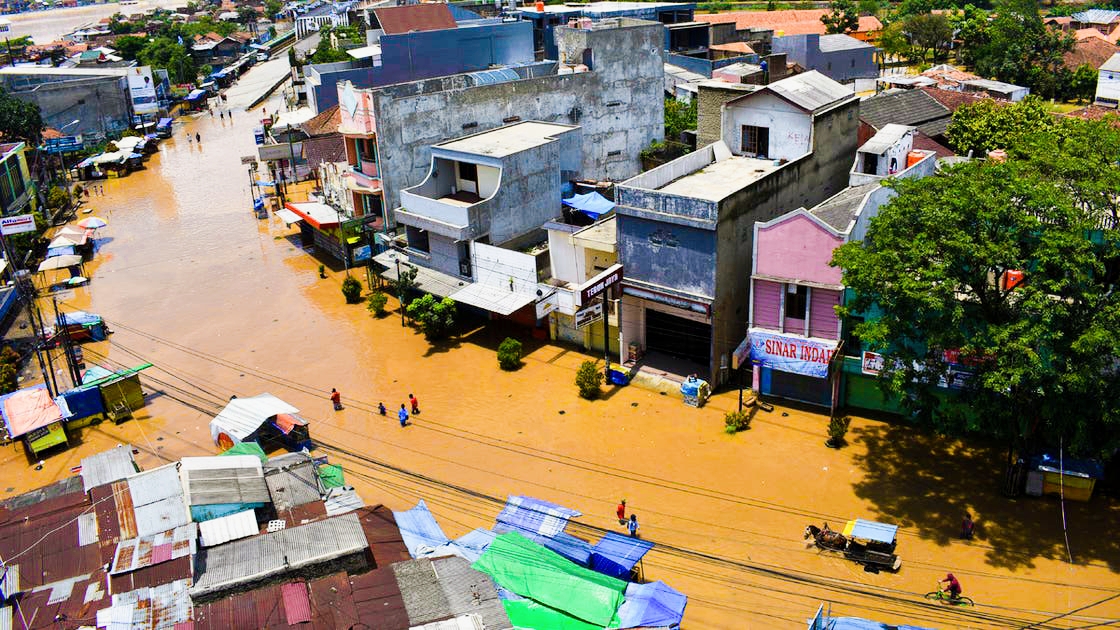Nepal at a Historical Turning Point and Youth Protests Shaking the Foundations of the Political System

The first spark ignited when the government announced the blocking of 26 social media platforms, including Facebook, YouTube, and WhatsApp, under the pretext of violating local laws. However, the decision was met with widespread public anger, especially among the youth who rely on these platforms for expression and livelihood. The protests quickly escalated into violent confrontations resulting in dozens of deaths and injuries.
The depth of the crisis reflects cumulative failures in the Nepali political system. Since the declaration of the republic in 2008, the country has experienced chronic political instability, with power alternating among a limited number of political figures without achieving tangible accomplishments on the ground. The economy also suffers from a heavy reliance on remittances from expatriates, while youth unemployment rates rise to alarming levels.
The current events place the army in a significant mediating role. After its deployment on the streets to maintain security, the military institution found itself in a mediating position between the protesters and the political authority. The army chief has initiated a dialogue with representatives of the youth movement, positioning the army as an active player in the transitional phase.
Regionally, developments in Nepal are of particular interest due to its geostrategic location between the Asian giants India and China. The resignation of the Prime Minister, known for his close ties with China, opens the door for a reevaluation of regional alliances, reminiscent of what happened in Sri Lanka in 2022.
What Nepal is witnessing today is part of a broader wave of protests sweeping South Asia, led by young generations demanding a better future and rejecting the continuation of traditional governance patterns. The success or failure in addressing these demands will determine not only the future of Nepal but may also impact the dynamics of the region as a whole.
The road ahead for Nepal is difficult and complex, but it presents a historic opportunity to reshape the social contract between the state and citizens, and to build a political system that is more responsive to the aspirations of youth and their hopes for a better future.